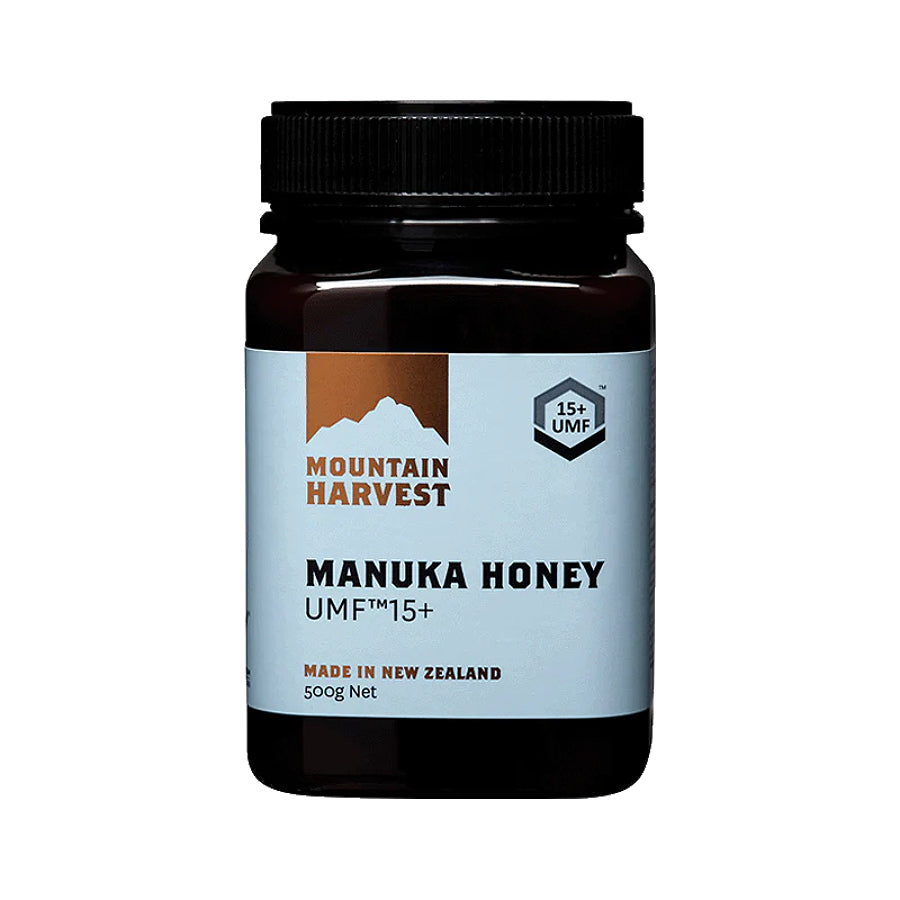Manuka honey has gained widespread attention for its numerous health benefits and unique properties. With this popularity, however, comes a mix of truths and misconceptions. Separating fact from fiction is essential for anyone looking to incorporate this powerful honey into their wellness routine.
In this article, we’ll explore some of the most common myths and facts surrounding Manuka honey to help you make informed decisions.
Myth: All honey is the same
Fact: While all types of honey have some antibacterial properties, Manuka honey is more than just a sweet treat due to its high levels of methylglyoxal (MGO). The MGO content in Manuka honey gives it much stronger antibacterial effects compared to regular honey, which is why it is often used for medicinal purposes. Not all honey has these potent properties, so if you're seeking honey for specific health benefits, it’s crucial to choose genuine Manuka honey in Singapore. The higher the MGO rating, the stronger the antibacterial strength.
Myth: Manuka honey can cure all ailments
Fact: While Manuka honey has impressive health benefits, including wound healing, digestive support, and soothing sore throats, it is not a miracle cure. Its antibacterial and anti-inflammatory properties make it effective in specific scenarios, but it should not be relied upon as a sole treatment for serious medical conditions. Using Manuka honey as part of your daily routine can boost your overall health, especially when combined with other organic health supplements, but it’s important to maintain realistic expectations.
Myth: The higher the MGO rating, the better
Fact: Although higher MGO ratings do indicate stronger antibacterial properties, more isn’t always better. The MGO rating you choose should depend on how you plan to use the honey. For example, Manuka honey with lower MGO levels (100-250) is ideal for daily consumption and general wellness, while higher levels (500+) are often reserved for treating wounds or other specific health issues. Consuming excessively high MGO honey for routine use may not be necessary and could be more expensive than needed.
Myth: Manuka honey is always organic
Fact: Not all Manuka honey is certified organic. Although the bees that produce Manuka honey feed on the Manuka bush, not every product meets organic certification standards. If you prefer organic health supplements, it’s important to look for honey that has been specifically labelled as organic. Nature's Nutrition offers high-quality Manuka honey, and selecting certified organic options ensures you're getting a product that aligns with your health and environmental values.
Myth: Manuka honey never expires
Fact: While honey is known for its long shelf life, Manuka honey, like all honey, can lose its potency over time. Proper storage is crucial to maintaining its antibacterial properties. Exposure to light, heat, and moisture can degrade its effectiveness. When stored correctly, Manuka honey can last for years, but for medicinal purposes, it’s best to use it within two to three years of purchase. Always check the expiration date, especially if you're using it to support specific health conditions.
Myth: Manuka honey must be refrigerated
Fact: Manuka honey should not be stored in the refrigerator. Cold temperatures can cause crystallisation, making the honey grainy and difficult to use. Instead, it should be stored at room temperature, in a cool, dark place. Refrigeration isn’t necessary and can actually harm the honey’s texture and usability.
Conclusion
Manuka honey is a powerful and versatile natural product, but understanding the truth behind common myths is essential for making the most of its benefits. From choosing the right MGO rating to knowing how to store it properly, being informed allows you to enjoy the full range of advantages that Manuka honey offers. For reliable and high-quality Manuka honey in Singapore, Nature's Nutrition is a trusted source, offering products that promote health and well-being naturally.

